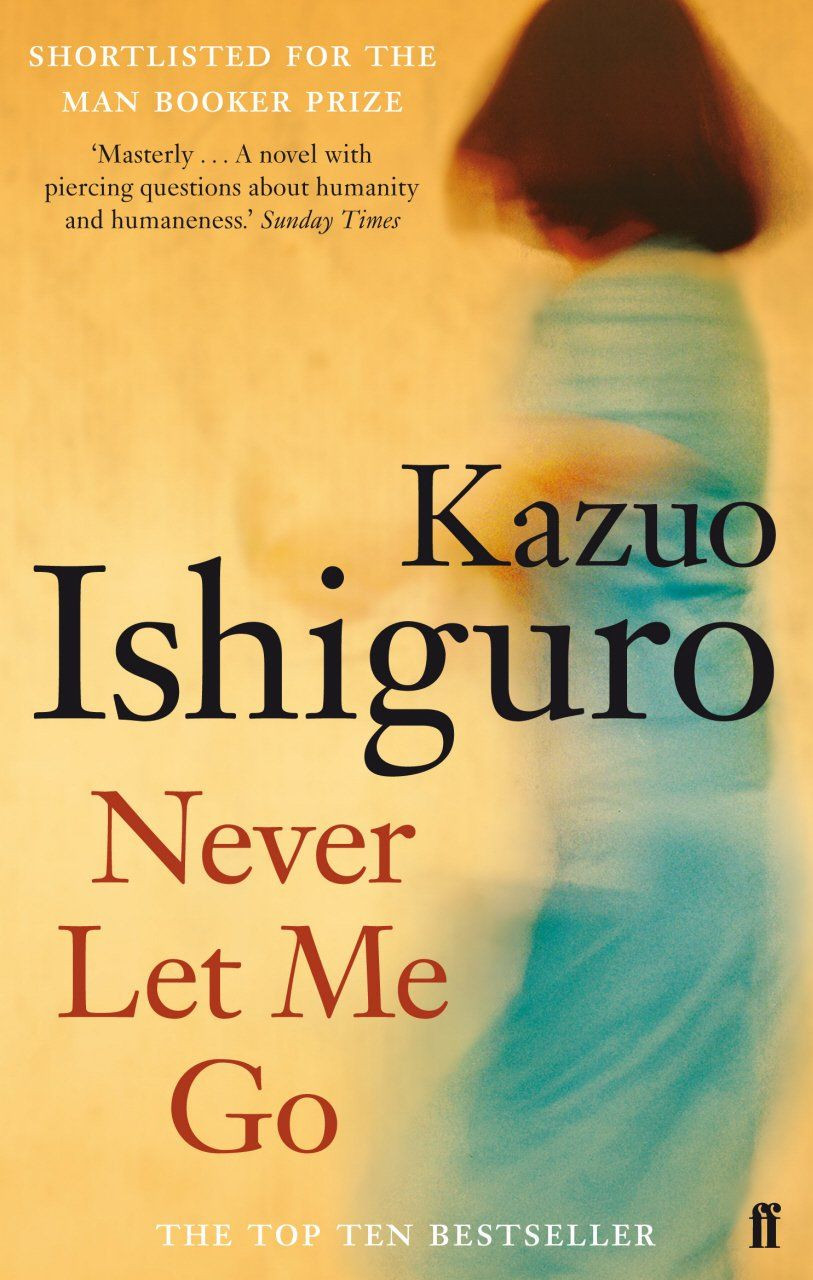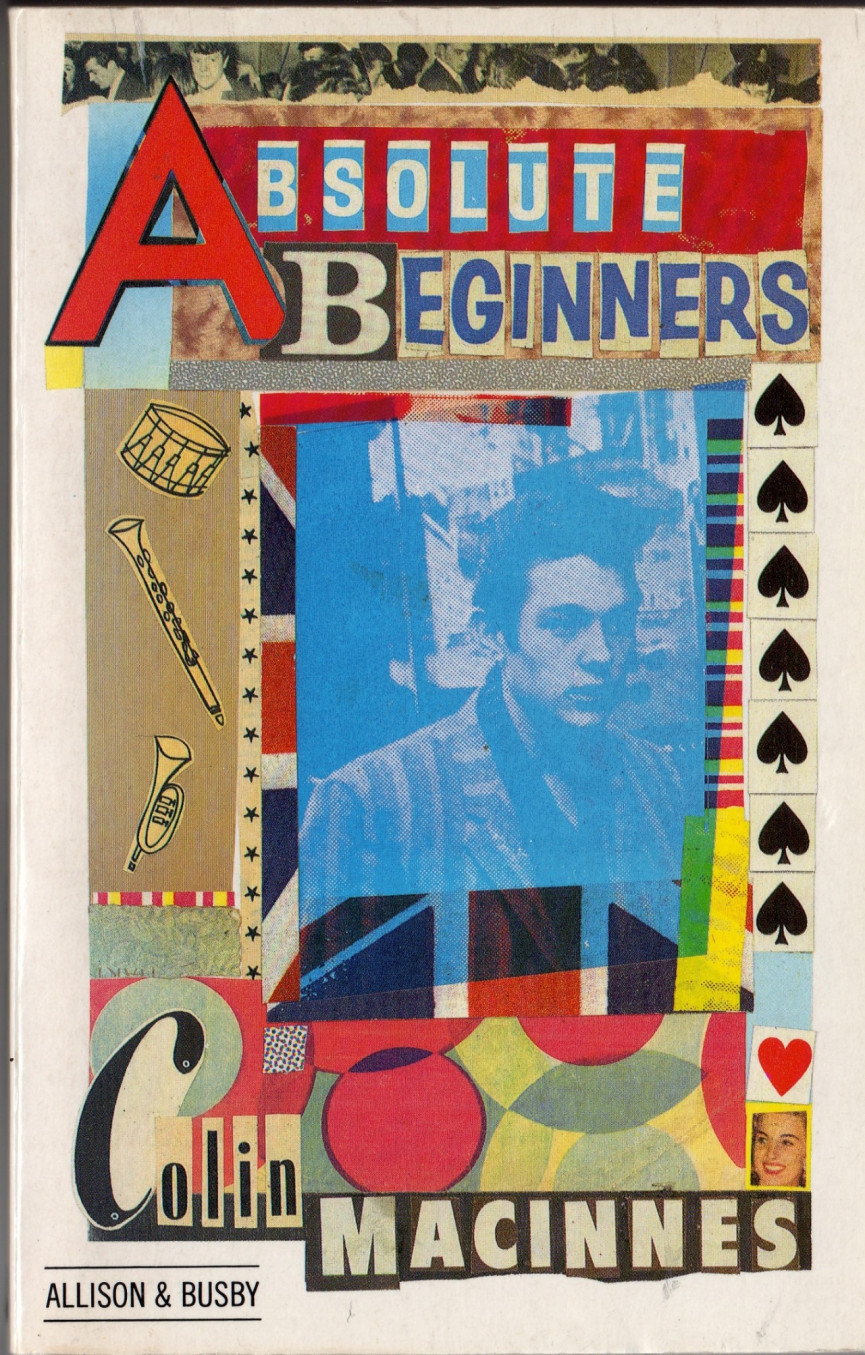In literary criticism, a Bildungsroman, or more colloquially known as a ‘coming-of-age’ novels, is a literary genre that focuses on the psychological and moral growth of the protagonist from youth to adulthood in which character change is important. When you’re young, you do not measure time in calendar years - you measure it in school years, the end of summer before transitioning from primary to secondary school, and then onto college are traditional coming of age times.
As such, this process, and just the nature of being a teenager, has long been a fascinating subject for writers. Some draw on their own experiences, some imagine alternative histories, the best will always assist those in the middle of this storm and perhaps nostalgia, and even answers, for those whose younger days are long gone. And, after spending a long time researching young adult literature, more specifically the ‘coming-of-age’ novel, I have compiled a list of my top 5.
In no particular order:
Oranges Are Not The Only Fruit Jeanette Winterson Year: 1985
A semi-autobiographical novel in which a young schoolgirl in an English Pentecostal community in Lancashire struggles with her sexuality. As she becomes increasingly aware of her lesbianism, she begins to fancy one of the girls she is meant to convert. Allied to an on-going battle with an orange demon and the sense that her mother is betraying her, this is a novel that sums up the confusion of teenage life.

The Kite Runner Khaled Hosseini Year: 2003
Friendships formed in childhood often defy explanation, they exist because entirely only they do. Such is the case in the moving story of Amir and Hassan in Afghanistan in the Seventies. They might come from different social classes, but friendship is blind in these salad days. Set against the violent episodes the country experiences, not least the Soviet invasion of 1979, The Kite Runner is a heroic tale of childhood friendship against all the odds.

Never Let Me Go Kazuo Ishiguro Year: 2005
Ruth, Tommy and Kathy develop a close friendship while attending a boarding school in rural East Sussex in the late-Seventies. However, the school is no ordinary educational establishment; instead, clones populate it, whose job it is to provide vital organs for the outside world. As a love triangle emerges, the truth begins to impact on any future the three of them might possess. In this sense then Never Let Me Go is the quintessential dystopian coming-of-age novel.

Skippy Dies Paul Murray Year: 2010
As if to justify the unambiguous title, Daniel ‘Skippy’ Juster dies at the beginning of Paul Murray’s superb second novel. In attendance is his best friend, the portly would-be scientist Ruprecht Van Doren. Both are students at Dublin’s prestigious Seabrook College, and Skippy’s sudden demise hits Ruprecht and his other colleagues hard. Was it a broken heart that killed Skippy, or just a tragic accident? As Murray pieces the clues together, what emerges is a perfectly formed book that depicts the teenage years as painful, highly charged and wonderfully entertaining.

Absolute Beginners Colin MacInnes Year: 1959
Colin MacInnes might have been 44 when his exploration into London’s then-secretive teenage world was published, but he was a cunning observer. His novel takes in the nascent scene that would evolve into the mod youth culture of the early Sixties, and his interpretation of this milieu is unerringly accurate. The hipsters, the coffee bars and the people who frequent this hidden world are drawn superbly, in particular the 18-year-old unnamed narrator who aspires to be a relaxed photographer.
